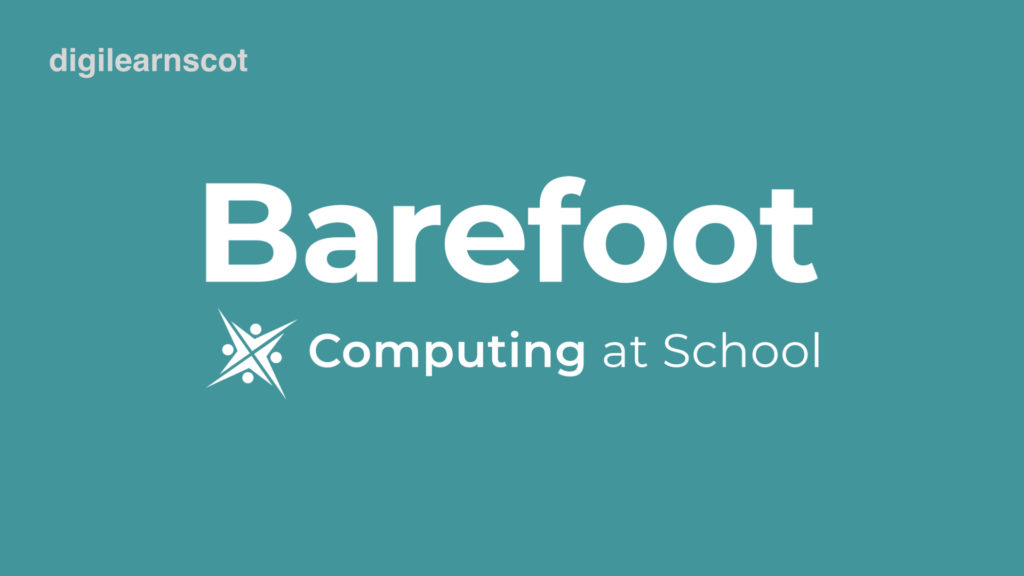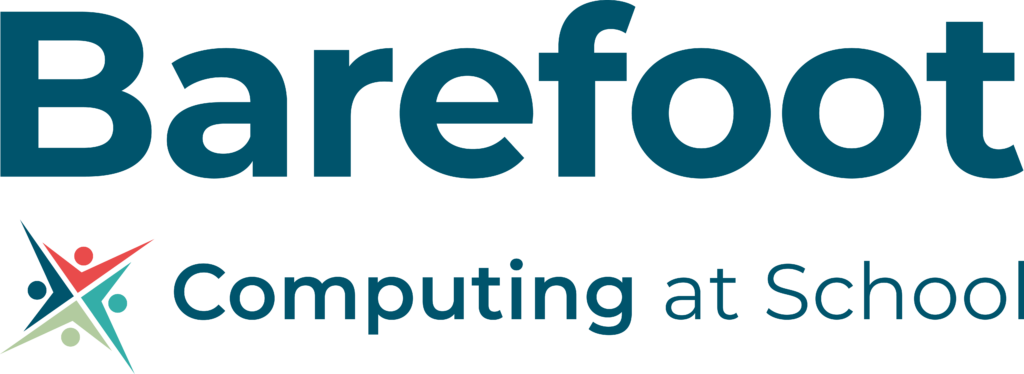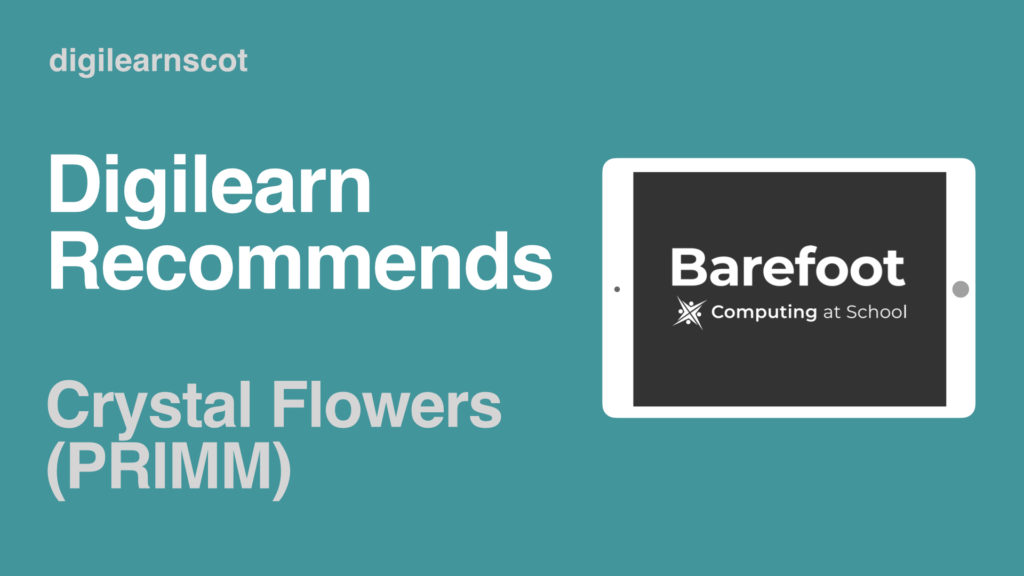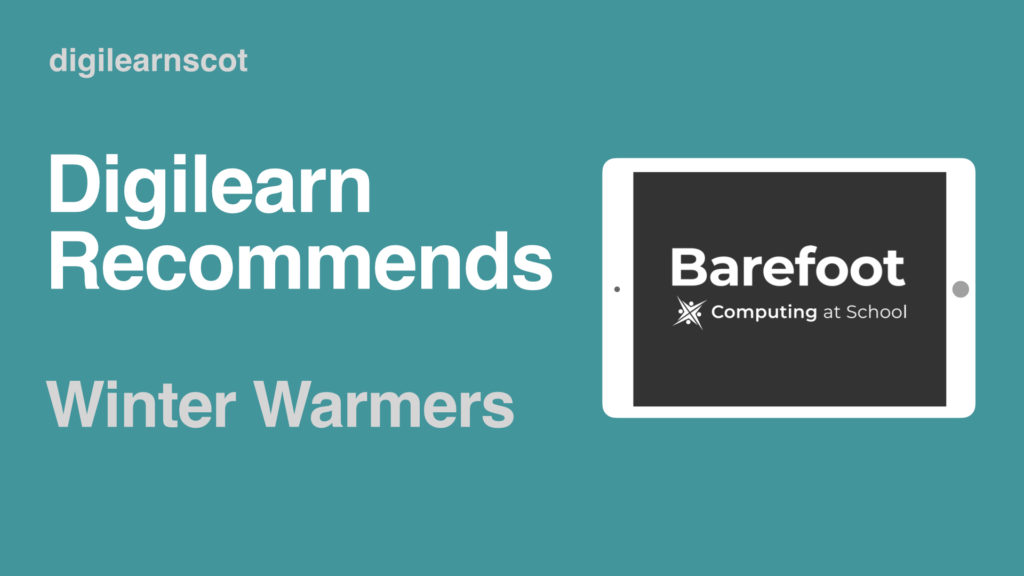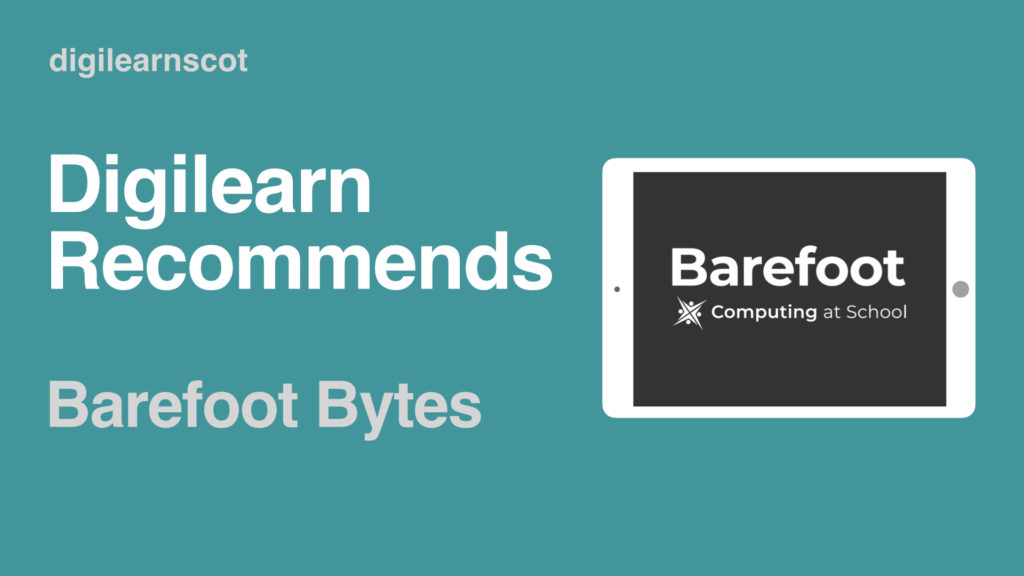We’re delighted to launch this site and hope it proves useful whether you are new to, or experienced in, computing. Computing Science sits within the Technologies in Curriculum for Excellence (CfE). There are three organisers for it:
Understanding the world through computational thinking, TCH x-13a
Understanding and analysing computing technology, TCH x-14a, TCH x-14b
Designing, building and testing computing solutions, TCH x-15a
Problem solving is an important part of computing and there are many opportunities throughout CfE to embed Computing Science in other curricular areas, such as Numeracy and Mathematics.
Cyber Resilience and Internet Safety sit within the Digital Literacy organiser of the Technologies curriculum (TCH x-03a), but as learners progress this area starts to focus move towards Cyber Security and this requires knowledge of computer systems in order to understand the threats a system faces.




